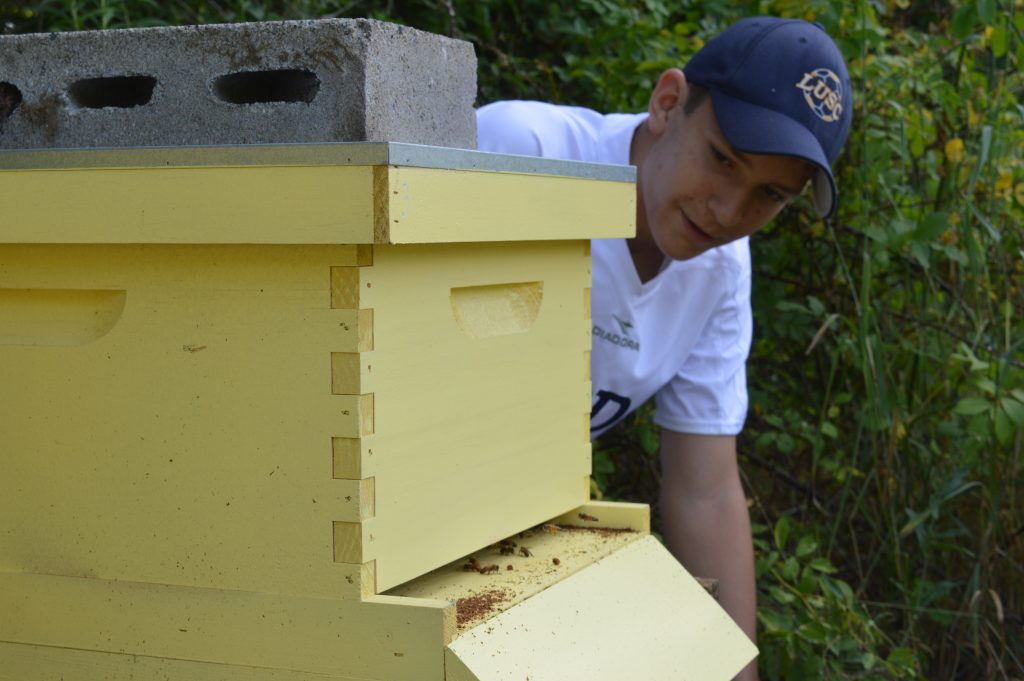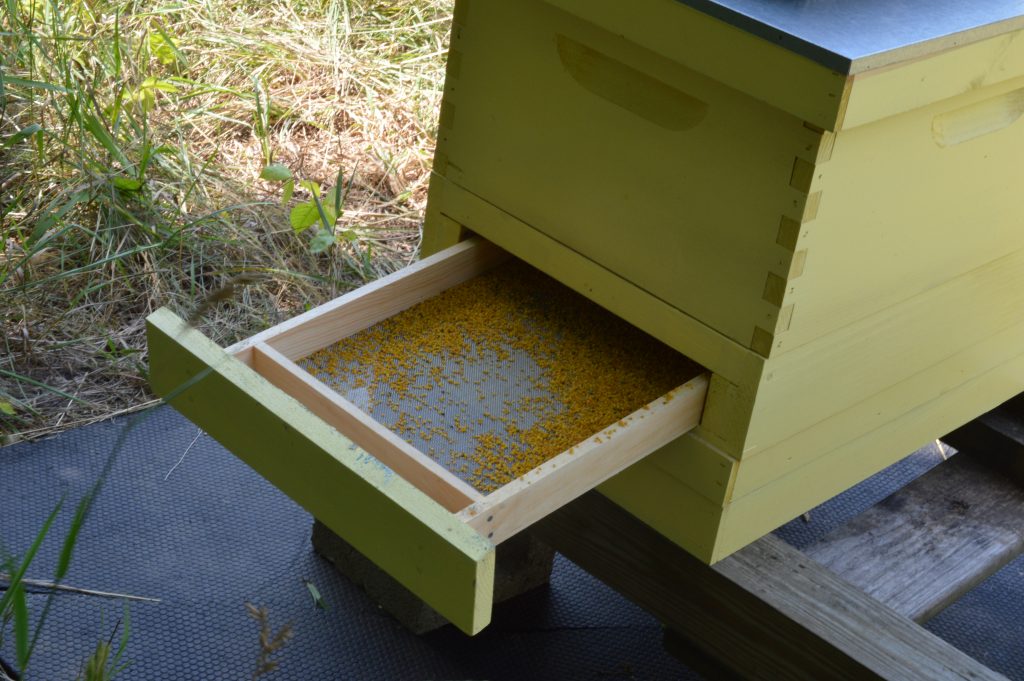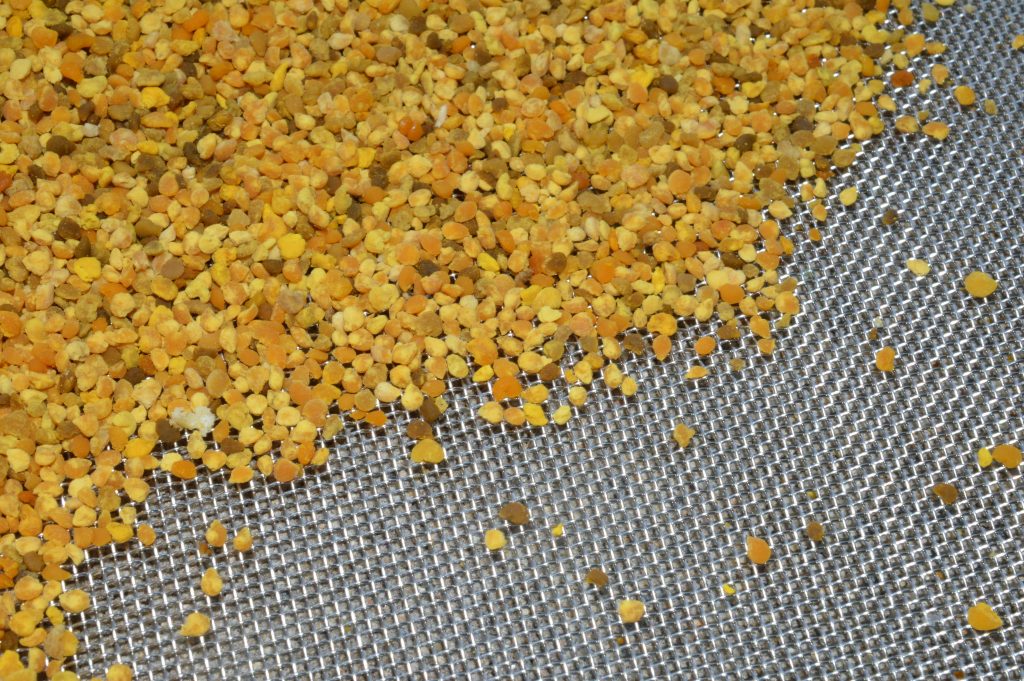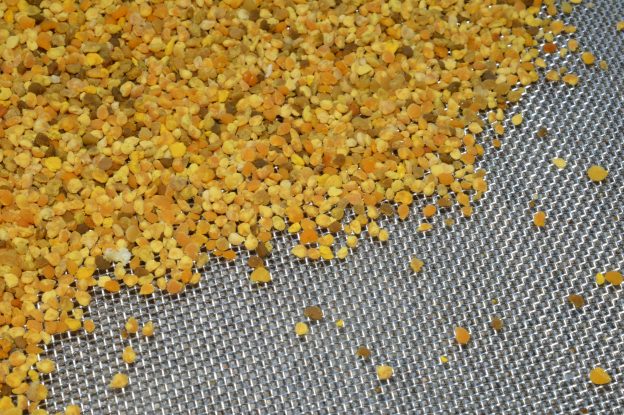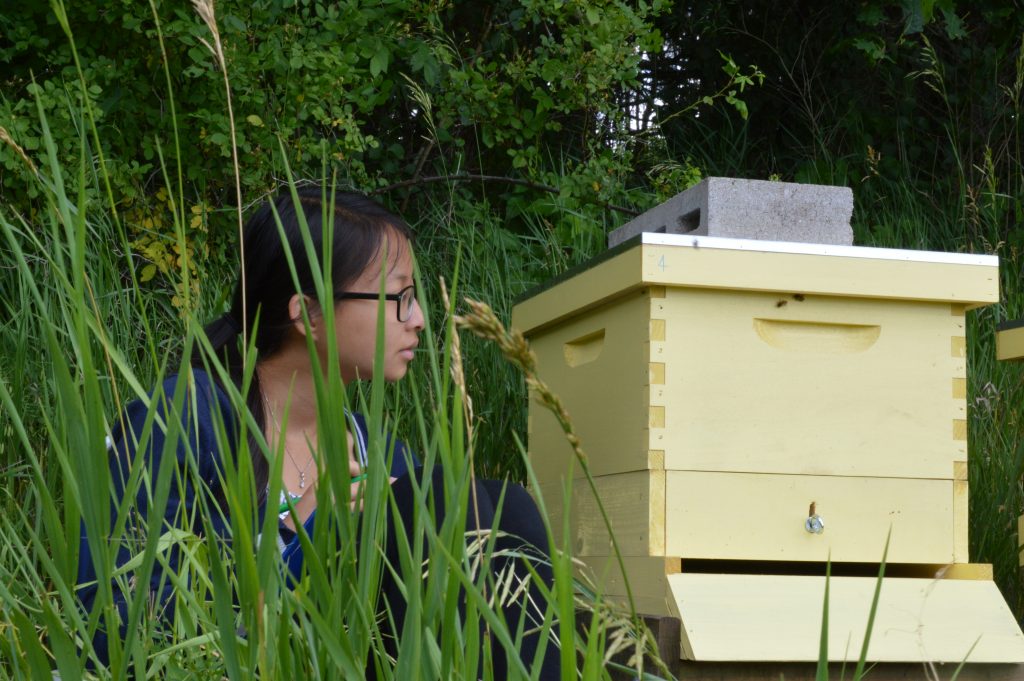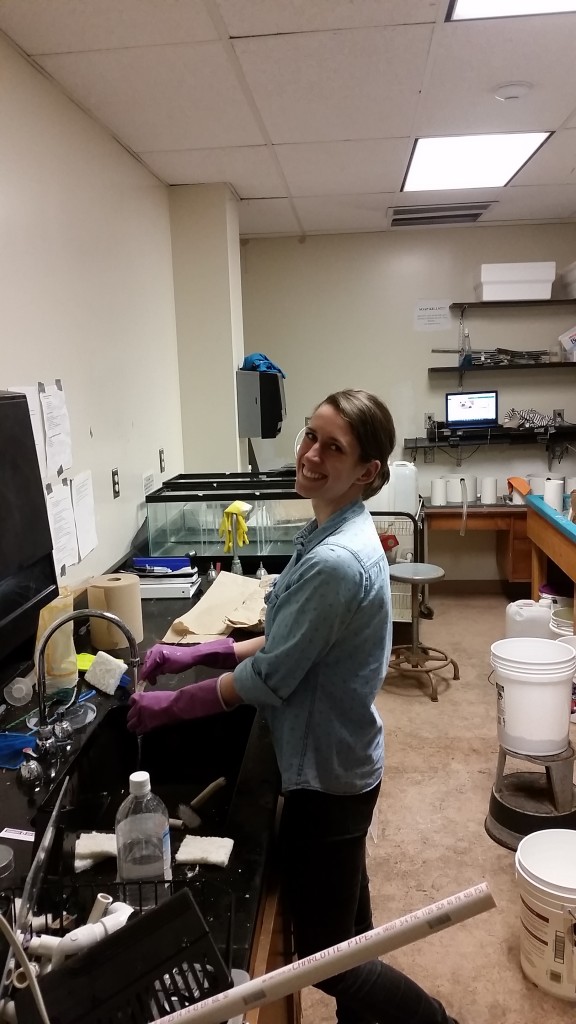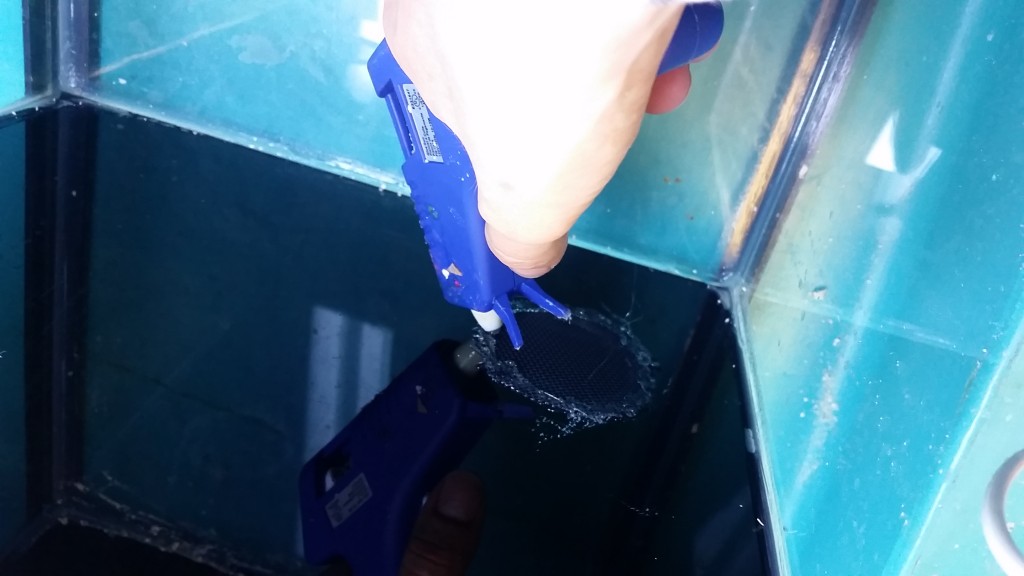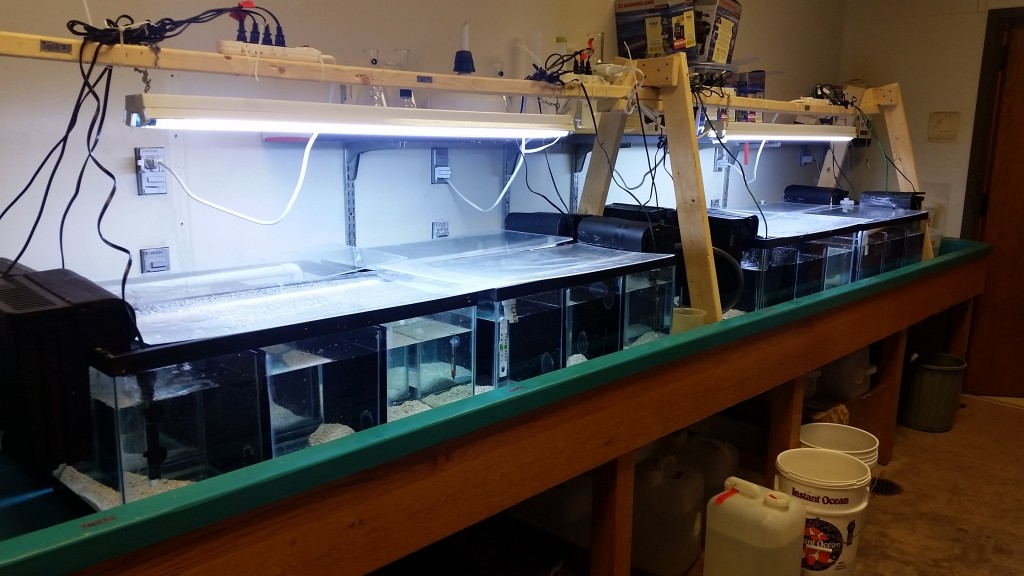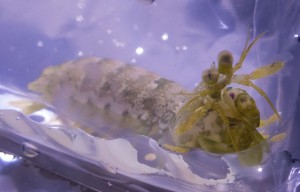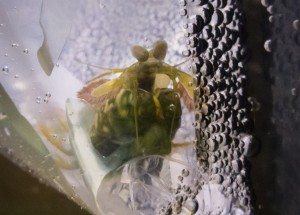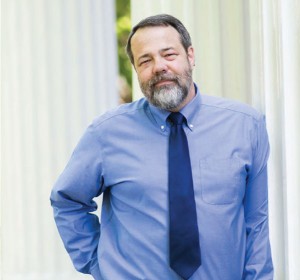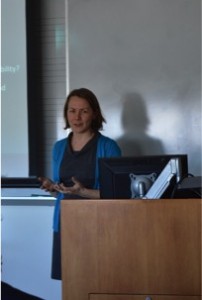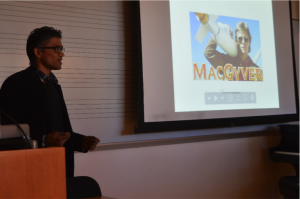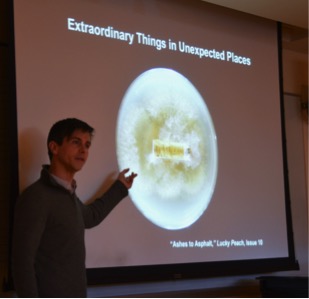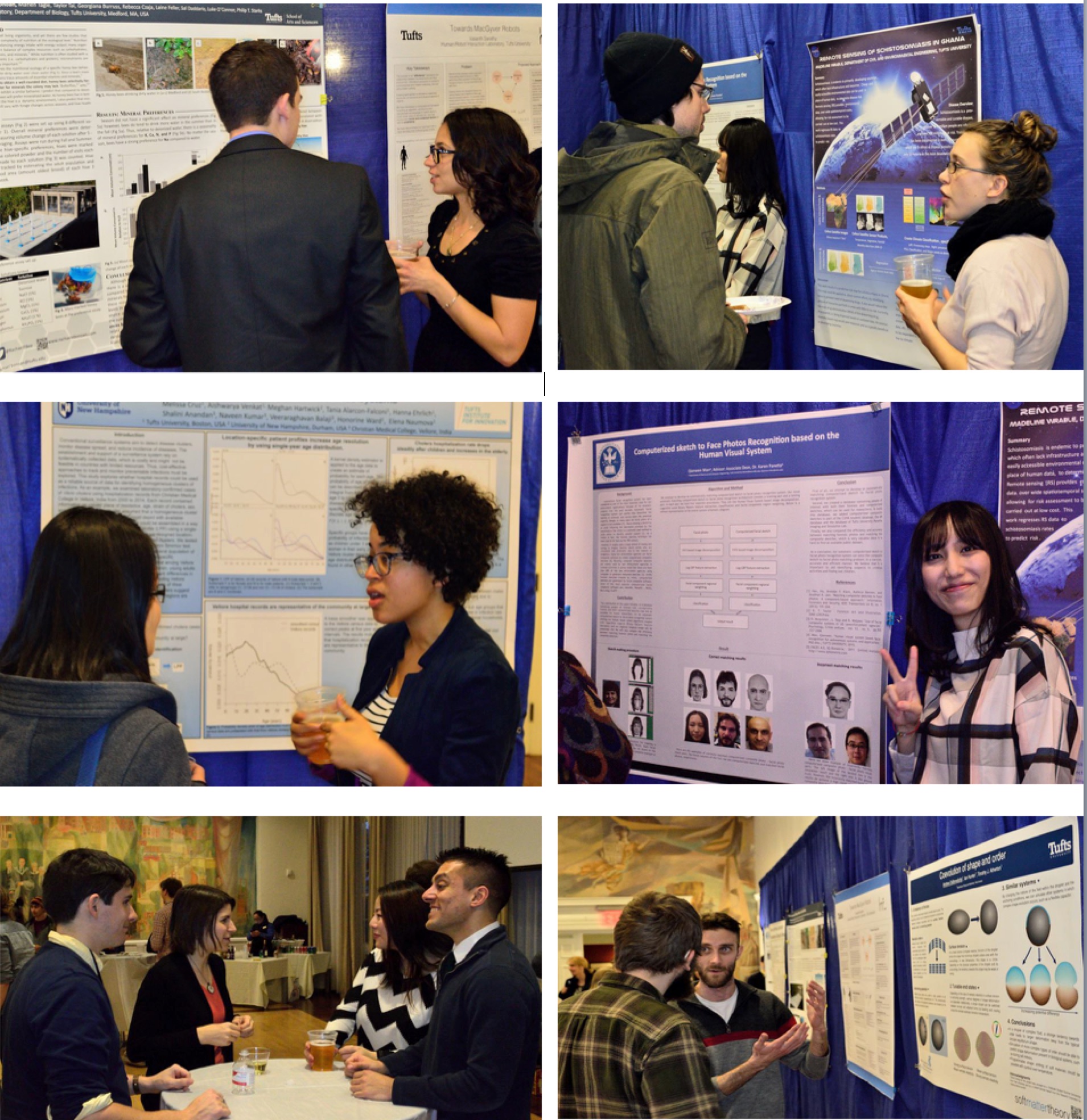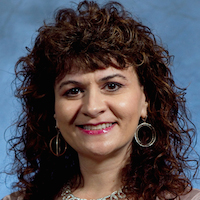
Associate Dean of the School of Engineering, Professor of Electrical and Computer Engineering
It’s application time and thousands of students are scrambling to figure out what to do with their lives. For those that decide to apply to graduate school, the race is on to find schools, decipher mounds of program information and determine where to spend your money applying too. This blog is to give you the inside scoop on how to apply, the most common mistakes and strategies for getting funding and aid.
What do I know? Well, I do review every application that comes in to the graduate engineering program at Tufts and get to see the spectrum of amazing candidates. Then again, I also see applications and requests from really good students who simply don’t know how to put their best foot forward and develop a strong and compelling application. This really makes me sad because if students just had a stronger understanding ofthe application process, they would be successful. It is the latter students that inspired me to write this blog to help prevent the many faux pas that doom an application.
Making Contact and Researching Programs:
First of all, when searching on programs to apply too, it really does help to make contact with professor you wish to do research with. Please do this with sincerity and no fishing! This means do not send email blasts of the same form letter to every faculty member in a department at tons of institutions. This “throw your resume at the wall to see what sticks” is a sure fire way to get your resume thrown into the spam folder. Also, please take the time to know who you are writing too. For example, consider the following example.
Dear Sir/Madam, I want to do research under your advisement.
Please use the professor’s name and take the time to figure out if who you are writing too is a “sir” or a “madam”. When I receive a “Dear Sir, I want to do research in your area of….” and then the letter lists the incorrect research area, I know that I am not really that special and that the student isn’t really aware of my lab’s research. The “Dear Sir” greeting also makes me review my online photos to see if I look so bad, that people confuse me with being a guy. Joking aside, this is another indicator that the student really didn’t spend anytime investigating who I am or what I do.
The best approach is to get connected to a professor from a conference you attended and/or spoke too, or a colleague of your current professors. Getting in contact with a current graduate student in a lab is also a good way to see if you would be a good match for that professor’s research.
When I get a call from one of my colleagues saying, “This student is awesome.” I go out of my way to look out for that application and share that knowledge with my nice colleagues. If I see a student present at a conference and I like their work or simply like the way the student presents themselves, I will approach them. I am just as happy when I am making a presentation and students approach me. The fact that students attend professional conferences in their discipline and have their work presented there, even if it’s a poster presentation, makes these students stand out above from even all the competing perfect grade point average(GPA), standardized test scoring students.
This brings up another issue, what do you do if your GPA is not stellar? Is this a death sentence? No! So, you puked in math your freshman year, so what? We all know that the life transitions from high school to college can be a punch in the face for many students. We look for growth and improvement and so should you! You should strive for this, rather than wasting your time on useless professor rating websites venting your frustrations or dwelling on that one lousy grade. It’s not a life!
The personal statement essay and application process:
Your application essay should take on issues like this head on and tell us how you have grown and learned about yourself. We review the official transcripts and want to see students take accountability for all aspects of their lives. This shows us you are open and willing to present an honest accounting of your past, which makes us think that the future aspirations you discuss in your essay are true and from the heart.
We ask, “why you want to go to graduate school?”
One response I have seen said, “I don’t like making deadlines, so I prefer not to get a real job.”
Yipes! Students in graduate school have plenty of deadlines and need to be adept at multitasking. We choose teaching assistants who exhibit a genuine desire to teach and mentor students and those who will know that timely feedback on graded assignments and laboratory reports is essential.
We look for students that aren’t afraid to try different research approaches, students who don’t give up and know trial and error is part of research and most importantly, students who manage their time well. Doing things last minute or spending a few minutes doing an assignment right before meeting with the Professor is not cool. Professors have eyes in the back of our heads. We know how much time and effort someone put into a task. This also applies to completing your applications. If you wait until the last minute to submit your application and expect letters of recommendation, you are stressing out your letter writers. How can they tell a story of how organized and professional you are, if you don’t even provide them enough notice to write a letter? Furthermore, your application will not make it to the reviewing department for the program you selected, until all your application materials are received by the admissions office. This means that your incomplete application sits idle, while the competition is running ahead and having their applications reach the hands of the faculty reviewers. No school will hold up the review process for a few applications sitting incomplete in a holding pattern.
Let’s talk about choosing letter writers. Having a professor write that you got an “A” in their class is not really useful. We can see that on the student’s transcript. Try to get people you worked for during internships, professors you have worked for, or professors that know you from your advanced coursework or senior capstone design. We want to hear about your interactions with others, your accomplishments, your ability to conduct independent tasks and your ability to seek out and utilize resources.
In your essay, tell us about what project, class or task sparked your interest to pursue graduate studies. Tell us about your personal interests and show us that you are more than just the classes you took. Tell us what new skills and competencies you gained throughout your adventures in academia and/or travels or volunteerism. Give letter writers plenty of time to write their letters and supply them with both your CV and a copy of your research statement so they know what your plans are. This helps your letter writer focus on things that strengthen your case. Make sure when you fill in the letter writer’s information in the online reference forms that you try to supply as much information as possible, such as their title and contact information. Get their title correct! For instance, I am Dr., Professor, or Dean Panetta. “Mrs. Panetta” is not me, she is my mother.
Filling in as much information for your letter writer saves her/him quite a bit of time filling in the online review forms. Make sure you don’t bombard the same letter writer with too many application reference requests. Ask the individual up front how many letters she/he will be willing to do. Remember, different schools may ask different questions for the reference writer, so it’s not as simple as uploading the same letter repeatedly. Please don’t forget to thank your letter writers. We don’t expect your first born, but it is nice to know that you appreciated us spending our holiday breaks sitting at a computer writing and submitting letters on your behalf.
Funding and Financial aid and Assistantship positions
Finally, there’s always the question of financial aid and support. Please be honest about your financial needs. Stating in the application that no funding or aid is required and then gambling on the chance that once on campus, the student can find funding is not a strategy!
There are three types of ways to be funded, a teaching assistantship(TA), usually paid by the department or school and a research assistantship(RA), paid by the faculty member out offer/his grant funding or a tuition scholarship. TA and RA positions come with full tuition scholarships and a stipend. If you receive a research assistantship, know that you are committing to work with the faculty member funding you. This means if a student really doesn’t want to work in that area or work with the faculty member giving them the offer, the student can not simply decide to change topics or advisers and keep the research position. It’s the faculty member’s money to support their research initiatives. They decide who receives it. Teaching assistant positions may be more flexible, so be sure to highlight courses you feel comfortable teaching in your essay. There are also tuition scholarships. These defer the costs of some portion of the tuition and may not necessarily include a stipend. If you have other funding awards like external fellowships or grants and scholarships for graduate studies, make sure you proudly convey this.
Finally, tell us your thoughts about your research directions and aspirations. Be honest about your accomplishments and learning experiences. We don’t expect you to be experts, so go ahead and dream big. It’s our job to get you to become experts and help you make those big dreams a reality!
I look forward to seeing your application!
Dean Panetta
